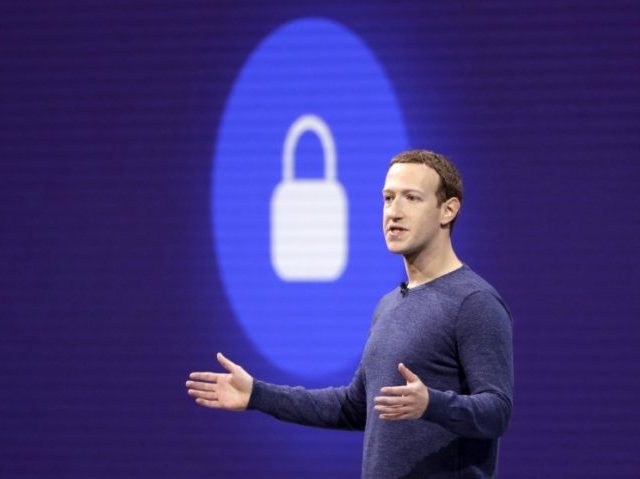According to a recent report, Facebook CEO Mark Zuckerberg used Facebook user data to fight rivals and help his friends and allies.
NBC News reports that Facebook CEO Mark Zuckerberg reportedly used Facebook user data as a bargaining chip to consolidate the social media platform’s power over its competitors, while publicly proclaiming to protect user privacy. Leaked company documents obtained by NBC news dated between 2011 and 2015 show how Zuckerberg and his management team used Facebook’s massive database of user information as leverage over partnered companies.
The documents obtained by NBC include emails, webchats, presentations, spreadsheets, and meeting summaries which show how Facebook would reward favored companies by giving them greater access to user data. Rival companies were denied the same access. Facebook has previously denied accusations of preferential treatment towards particular companies.
According to the documents, Facebook gave Amazon extended access to user data as it was spending a large amount of money on Facebook advertising and partnering with Facebook when launching its Fire smartphone. In comparison, when a messaging app became popular and threatened Facebook’s own messenger app, Facebook discussed cutting off the app’s access to user data according to the documents.
The documents come from a previously reported trove of data obtained by UK Parliament from a startup called Six4Three which sued Facebook in 2015 after Facebook told the startup they would be cutting off the startup’s access to some types of user data. Facebook commented on the documents with the company’s vice president and deputy general counsel, Paul Grewal, stating: “As we’ve said many times, Six4Three — creators of the Pikinis app — cherry picked these documents from years ago as part of a lawsuit to force Facebook to share information on friends of the app’s users.”
Grewal continued: “The set of documents, by design, tells only one side of the story and omits important context. We still stand by the platform changes we made in 2014/2015 to prevent people from sharing their friends’ information with developers like the creators of Pikinis. The documents were selectively leaked as part of what the court found was evidence of a crime or fraud to publish some, but not all, of the internal discussions at Facebook at the time of our platform changes. But the facts are clear: we’ve never sold people’s data.”
Within the emails, Facebook staff can be seen discussing plans to generate more income for the company, these include a fixed annual fee for developers for reviewing their apps; access fees for apps that request user data, and a fee for “premium” access to user data. Chris Daniels, a Facebook business development director, wrote in an August 2012 email: “Today the fundamental trade is ‘data for distribution’ whereas we want to change it to either ‘data for $’ and/or ‘$ for distribution.’”
Mark Zuckerberg himself discussed plans with his close friend Sam Lessin in which he emphasized the importance of controlling third-party apps’ access to user data. Zuckerberg stated that without the leverage of data access “I don’t think we have any way to get developers to pay us at all.” In another email, Zuckerberg suggested making 100 deals with developers “as a path to figuring out the real market value” of Facebook user data and then “setting a public rate” for other developers to pay.
Zuckerberg stated in a chat: “The goal here wouldn’t be the deals themselves, but that through the process of negotiating with them we’d learn what developers would actually pay (which might be different from what they’d say if we just asked them about the value), and then we’d be better informed on our path to set a public rate.”
Zuckerberg also did not appear to be very worried by the potential privacy risks of Facebook’s data sharing plans stating in an email to Lessin: “I’m generally skeptical that there is as much data leak strategic risk as you think. I think we leak info to developers but I just can’t think of any instances where that data has leaked from developer to developer and caused a real issue for us.”
Read the full report by NBC News here.
Lucas Nolan is a reporter for Breitbart News covering issues of free speech and online censorship. Follow him on Twitter @LucasNolan or email him at lnolan@breitbart.com

COMMENTS
Please let us know if you're having issues with commenting.